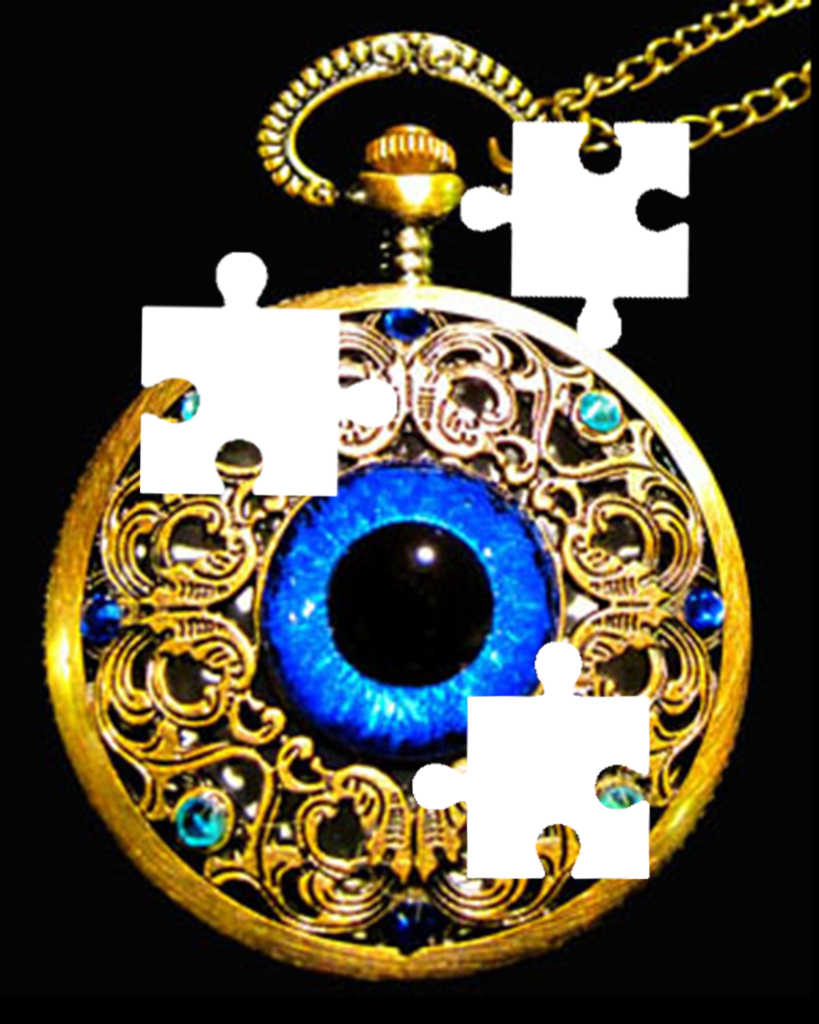Fantasy Series vs. Mousetraps: There are as many ways to build fantasy series as there are mousetraps. While preferences for particular styles of mousetraps vary, they succeed or fail based on whether they fulfill their core purpose – catching mice. Fantasy series preferences vary as well, but they must still achieve their core purpose – to catch and hold target-readers’ attention.
Magic System: With the debut of Shady Fortunes, I’d like to examine elements that bind the books together into a coherent whole – the overarching vision intended to keep readers wanting more. Broadly speaking, the Dreamweaver Chronicles are united by shared world-building. The books all use a magic system I initially designed for gaming, but which also suits writerly needs for constraints that define what magic can and can’t do. An intriguing well-crafted magic system has always been a huge draw for me. A series can explore such a system’s possibilities more completely than a standalone book might.
Dreamweaver: The sorceress Dreamweaver’s legacy is (obviously) a major series plot element. Her uncle Phrendonian gained renown for codifying the various magics practiced at that time into a coherent system. Dreamweaver, herself a brilliant practitioner, participated in that process. However, she did so within the confines of a culture steeped in the view that women were properly lesser and subservient. Dreamweaver forged her own path despite resistance from her oppressors and without regard for potential ethical implications. Strong women bucking cultural oppression is a recurring series theme.
The Church’s Challenges and Ethics: The Church’s efforts to eradicate magic also set a tone for much of the series. Even Shady Fortunes, the least Church-impacted novel of the series so far, doesn’t entirely escape the Church’s influence. Assuming the mantle of being the world’s moral compass isn’t without its challenges, however. Those challenges emerge as a recurrent theme throughout the first four books: The Demon of Histlewick Downs and The Heiromancer Trilogy (Practical Phrendonics, A House of Cards, and Hanged Man’s Gambit). Katherine Kurtz’s Deryni Series was definitely a formative influence.
LGBTQ Representation: The series as a whole is also intended to be LGBT friendly, providing representation, though, in some cases, that representation, given the series’ Victorian-style flavor, can be a bit subtle. Keep an eye out!
A Lofty Goal: When I was a lad, Tolkien’s works blew my mind – unlike anything I’d read previously, his books seemed like a window on an expansive world that existed beyond the books, and I wanted to see it all. That’s the power of a well-crafted series. As my own series continues to build, I hope you’ll find my particular flavor of mousetrap is more than up to the task.
 (0)Dislikes
(0)Dislikes (0)
(0)
